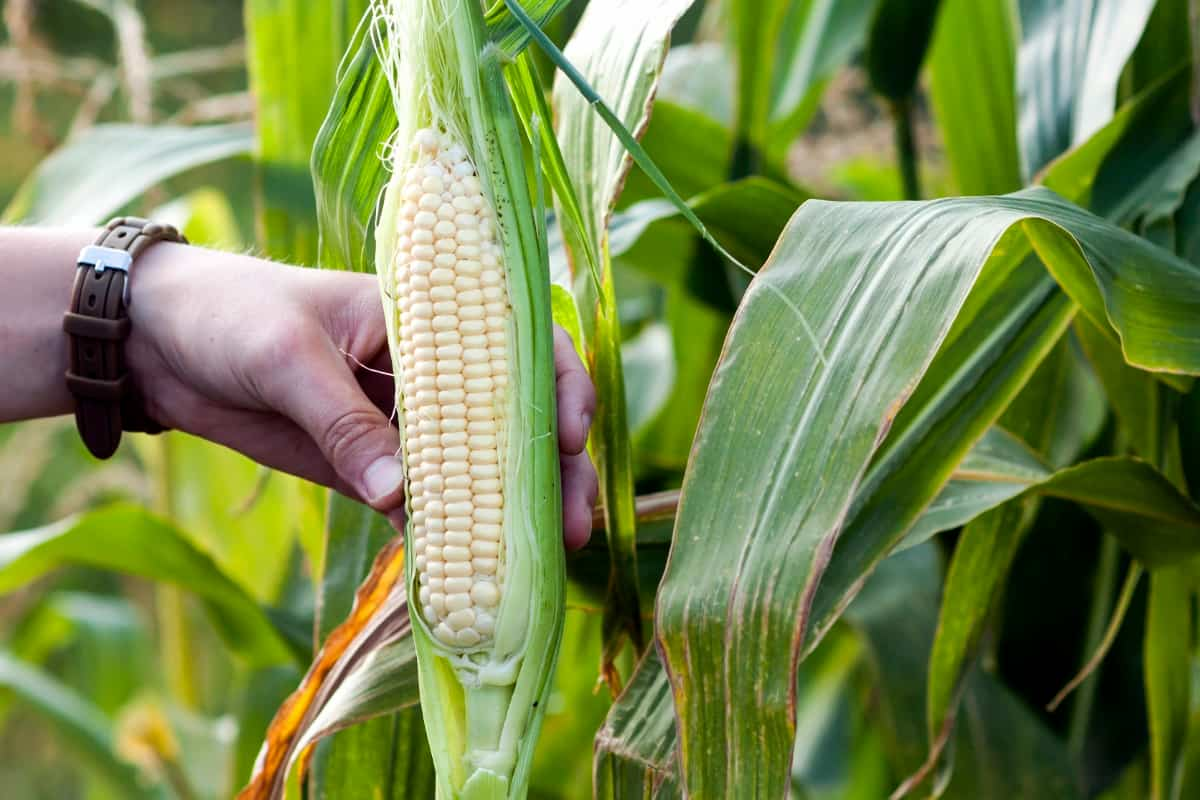In recent years, the organic gardening industry has grown a lot because more and more people want better and more environmentally friendly food. With the global organic food market projected to reach USD 262.85 billion by 2025, Canada stands as a significant player in this industry.

The nation’s rich agricultural heritage and commitment to environmentally friendly practices make it an ideal destination for aspiring organic farmers. Here we learn about the essential aspects of creating a profitable organic farming business plan in Canada, focusing on investment figures, potential profit margins, and popular regions for organic farming.
Organic Farming Business Plan in Canada
Understanding Organic Farming in Canada
Organic farming uses natural processes and biological balance to create high-quality, healthy, and long-lasting food. In Canada, organic farms are certified under the Canadian Organic Standards, which mandate crop rotation, biological pest control, and the use of organic seeds and fertilizers. The organic sector in Canada has experienced steady growth, with the total organic food and beverage sales reaching CAD 6.6 billion in 2020, making it an attractive market for new entrants.
Assessing the Market and Identifying Opportunities
Before starting an organic farming business, it is crucial to research the market and identify potential opportunities. One way to do this is by studying consumer trends and preferences, which can help determine the types of organic products in high demand. Additionally, analyzing competitors and understanding their strengths and weaknesses can offer insights into potential gaps in the market. Finally, engaging with organic farmers and attending workshops or conferences can provide valuable information about industry best practices and potential pitfalls.
Developing a Comprehensive Business Plan
- Executive summary: A brief overview of the business, its objectives, and the management team.
- Company description: A detailed account of the company’s history, mission, vision, and core values.
- Market analysis: An assessment of the target market, including size, growth potential, and customer segments.
- Marketing and sales strategy: A plan outlining the promotional activities and sales channels that will be employed to reach the target audience.
- Operational plan: A description of the farm’s location, size, production processes, and management practices.
- Financial projections: A detailed forecast of the business’s revenue, expenses, and cash flow, including profit and investment figures.
Acquiring Land and Infrastructure
Selecting the right location for your organic farm is crucial, as it can significantly impact the farm’s productivity and profitability. Some popular states for organic farming in Canada include British Columbia, Quebec, and Ontario. These regions boast fertile soil, favorable climate conditions, and a strong market for organic products. When acquiring land, consider soil quality, water availability, and proximity to markets. Plan for the structures you’ll need, such as greenhouses, storage areas, and processing areas, which can be different based on the size and complexity of the business.
In case you missed it: How to Create a Profitable Organic Farming Business Plan in Switzerland

Sourcing Organic Inputs and Equipment
Organic farms require a range of inputs, such as seeds, fertilizers, and pest control products that adhere to the Canadian Organic Standards. It is essential to source these inputs from certified organic suppliers to ensure compliance and maintain the integrity of the farm’s products. Similarly, investing in appropriate equipment is vital for efficient farm management. This may include tractors, plows, cultivators, and irrigation systems. While purchasing new equipment can be expensive, exploring options such as leasing or buying used equipment can help reduce initial investment costs.
Obtaining Organic Certification
In Canada, organic certification is mandatory for all farms that market their products as organic. Certification involves adhering to the Canadian Organic Standards and undergoing regular inspections by a certification body accredited by the Canadian Food Inspection Agency (CFIA). The certification process can take up to three years, depending on the farm’s previous land use and management practices. During this time, it is important to maintain detailed records of all farming activities, inputs, and outputs, as these will be reviewed during the inspection.
Hiring and Training Staff
A skilled and dedicated workforce is critical to the success of any organic farming business. Hiring experienced farmworkers or training new employees in organic farming practices can help ensure the efficient management of the farm. Additionally, investing in employee development, such as attending workshops and conferences, can help keep the workforce up-to-date with the latest industry trends and best practices.
Marketing and Sales Strategy
Developing a robust marketing and sales strategy that effectively communicates the farm’s unique value proposition is essential to sell organic products successfully. This may include branding, packaging, advertising, and public relations. Additionally, it is crucial to identify appropriate sales channels, such as farmers’ markets, organic grocery stores, restaurants, and online platforms, that cater to the target market.
Financial Projections and Profitability
Organic farming can be a profitable venture, with the potential for higher profit margins than conventional farming due to the premium prices that organic products command. However, the initial investment costs can be significant, with factors such as land acquisition, infrastructure, equipment, and certification contributing to the overall expenses.
Establishing thorough financial predictions, such as a break-even analysis, profit and loss statement, and cash flow statement, is crucial for evaluating the business’s financial sustainability. These projections will help determine the farm’s profitability and inform decisions regarding the scale and scope of the operation.
Securing Financing and Government Support
Financing an organic farming business can be challenging, particularly for new entrants to the industry. Exploring various financing options, such as loans, grants, and equity investments, can help secure the necessary capital to establish and grow the business. Additionally, the Canadian government offers various programs and incentives, such as the Canadian Agricultural Partnership and AgriInvest, to support the growth of the organic sector.
In case you missed it: How to Create a Profitable Organic Farming Business Plan in Africa

Conclusion
Starting an organic farming business in Canada can be a rewarding and profitable venture, offering an opportunity to contribute to the nation’s growing organic food market. Aspiring organic farmers can successfully establish a thriving business in this burgeoning industry by developing a comprehensive business plan, adhering to organic standards, and carefully managing financial and operational aspects.
- Feed Your Flock for Less: Top 10 Tips to Save on Chicken Feed
- Ultimate Guide to Ossabaw Island Hog: Breeding, Raising, Diet, and Care
- Hatching Answers: The Top 10 Reasons Your Chickens Aren’t Laying Eggs
- Eggs and Economics: Breaking Down the Cost of Raising Backyard Chickens
- Defend Your Greens: Proven Methods to Keep Iguanas Out of Your Garden
- Ultimate Guide to Cinnamon Queen Chicken: A Comprehensive Guide for Beginners
- Ultimate Guide to California Tan Chicken: Breeding, Raising, Diet, Egg-Production and Care
- Ultimate Guide to Marsh Daisy Chicken: Breeding, Raising, Diet, and Care
- 10 Types of Chicken Farming Businesses You Can Start for Profits